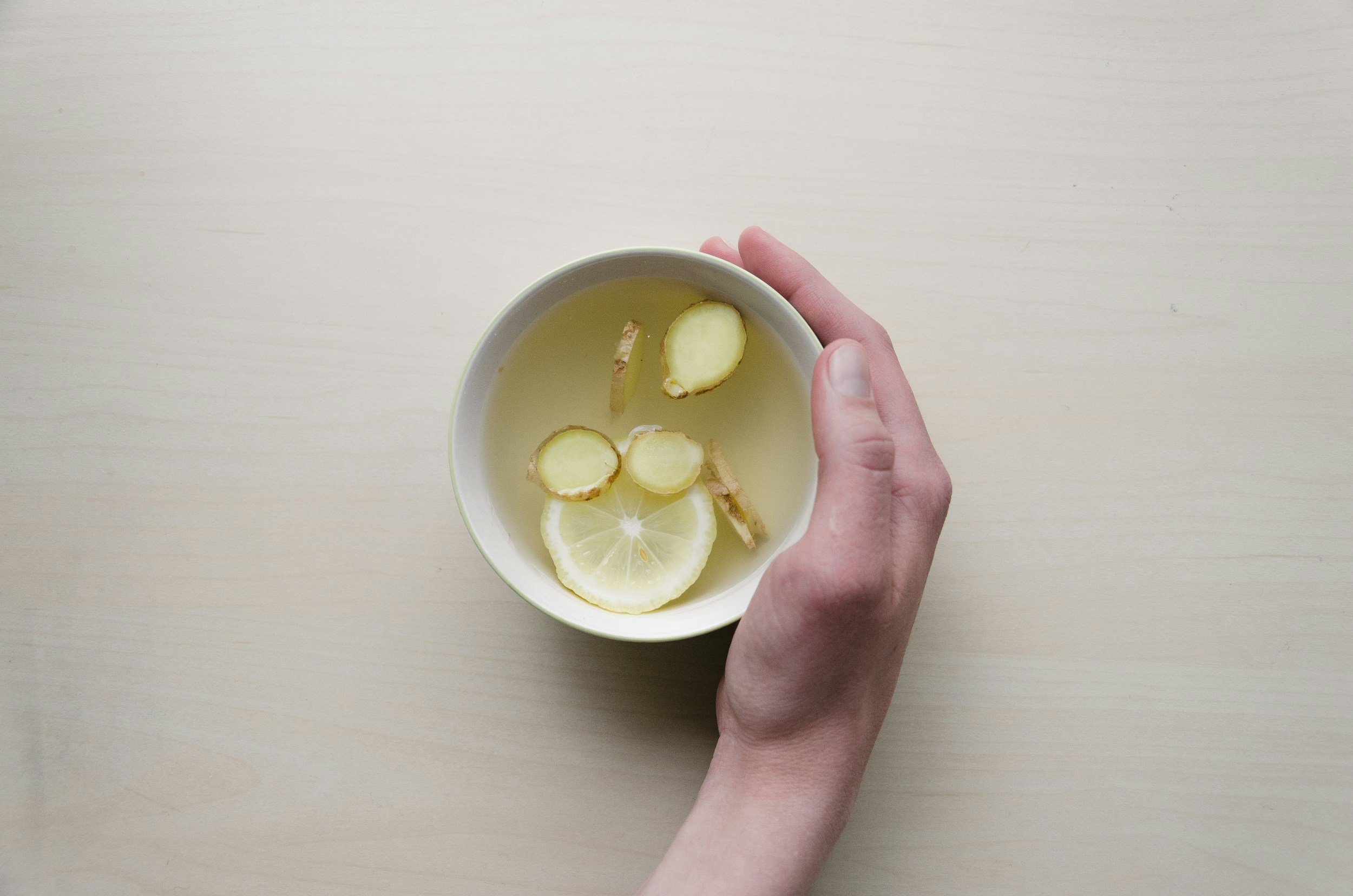
Healthy
AGing
The aging process is one we all experience, but how we age can differ greatly. With the global population over 60 expected to double by 2050, understanding how to support healthy aging is more important than ever. Aging doesn’t just mean growing older; it involves how we maintain our quality of life as we age. The good news? Many age-related health challenges can be prevented or even improved through lifestyle and dietary choices.
What you eat can profoundly affect your health as you age. Whole, unprocessed foods are packed with nutrients your body needs to thrive. Below are some of the top nutrients that are especially beneficial for aging gracefully.
Coenzyme Q10 (CoQ10)
CoQ10 is a powerful antioxidant found in the body that supports heart health and cellular energy. Levels of CoQ10 naturally decrease as we age, but including foods like organ meats, sardines, spinach, and broccoli can help maintain its balance. Supplements may also support healthy aging by reducing inflammation and improving blood sugar regulation.
Omega-3 Fatty Acids
Omega-3s are essential fats that fight inflammation and protect your heart, joints, and brain. They are abundant in fatty fish like salmon, mackerel, and sardines. If you’re plant-based, foods like flaxseeds and walnuts offer some omega-3s, though the most potent forms are found in fish. Regular consumption of omega-3-rich foods or fish oil supplements can also lower the risk of chronic conditions like heart disease and osteoporosis.
Probiotics and Prebiotics
Your gut plays a big role in your overall health, and supporting beneficial bacteria in your digestive system can make a difference as you age. Foods like yogurt, kefir, asparagus, and garlic contain probiotics or prebiotics, which help maintain gut health and boost immunity. A diet high in fiber, including beans and whole grains, is also beneficial for your gut and overall inflammatory balance.
B Vitamins
Certain B vitamins, such as B6, B9 (folate), and B12, are essential for brain and heart health. They help manage homocysteine levels, which, when elevated, may be linked to cognitive decline and cardiovascular issues. You can find these vitamins in foods like eggs, leafy greens, legumes, and fortified cereals. Incorporating these into your diet can reduce the risk of some age-related conditions.
Resveratrol
This compound, found in grapes, berries, and red wine, has antioxidant and anti-inflammatory properties. Resveratrol may help protect your cells from damage and reduce markers of aging, such as cellular glycation. Adding these foods or a moderate amount of red wine to your routine can support your body’s natural defenses.
